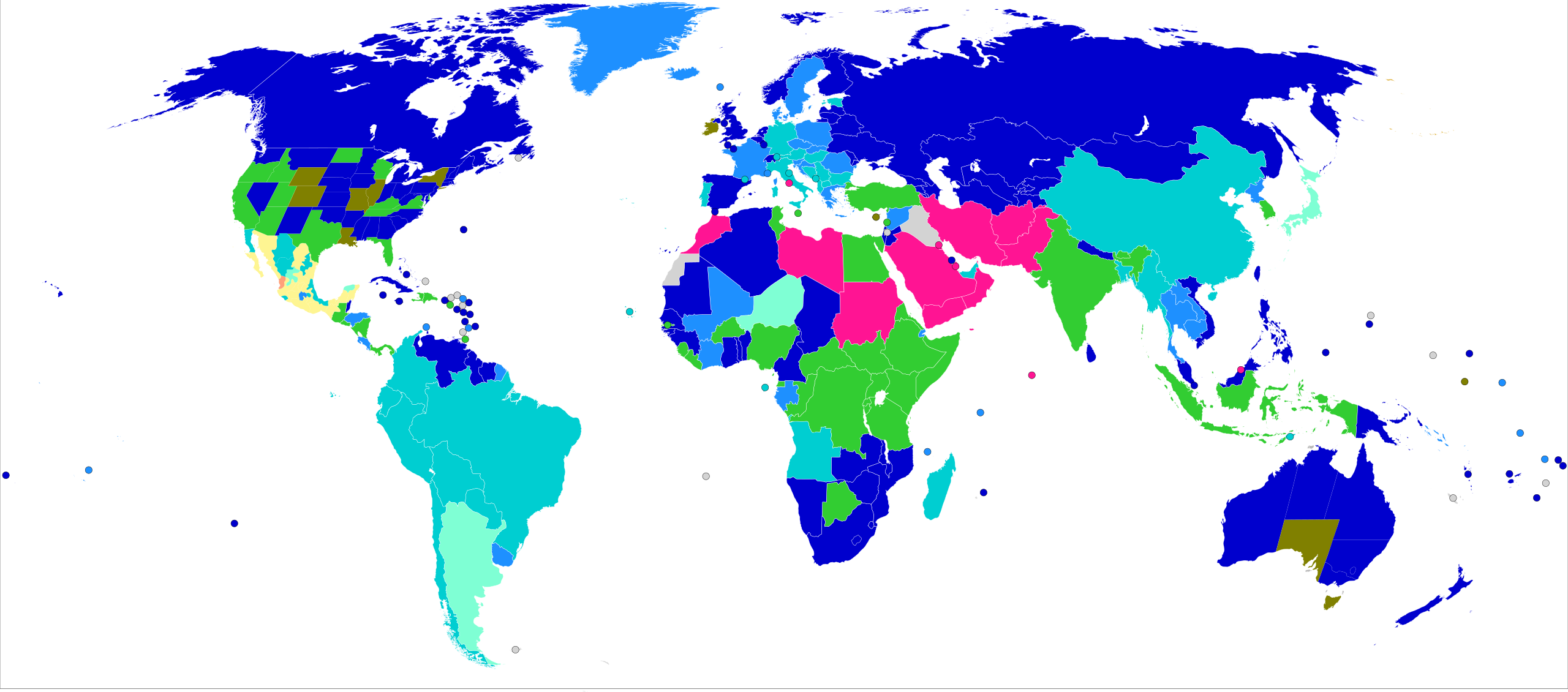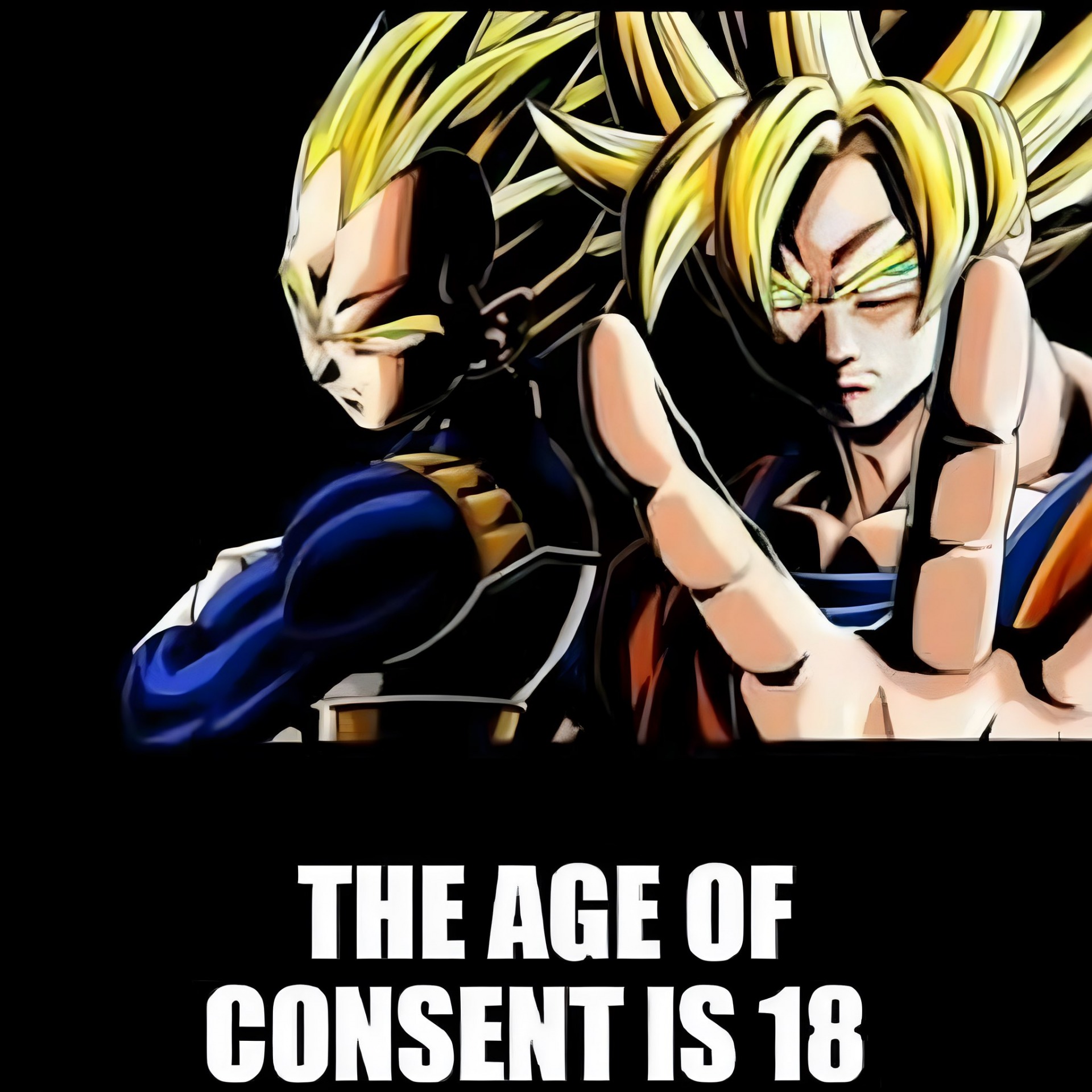Understanding The Legal Framework Surrounding Age Of Consent In Russia
While the age of consent in Russia is set at 16 years, there are additional complexities within the legal system that govern specific scenarios. These include exceptions, regional variations, and the interplay between federal laws and local customs. By exploring these aspects, readers can gain a deeper understanding of how the age of consent operates in Russia and its broader implications.
The concept of age consent in Russia is deeply intertwined with the country's legal history and evolving societal values. Over the years, legislative changes have aimed to balance the protection of young individuals with the need to respect personal autonomy. This balance is crucial, as it ensures that laws are not only enforceable but also just and equitable. The age of consent laws in Russia are designed to safeguard minors while also addressing the realities of modern relationships. By examining these laws in detail, we can better understand their purpose, limitations, and the challenges they address.
For individuals seeking to comprehend the legal landscape surrounding age consent in Russia, it is important to consider both the letter of the law and its practical application. While the age of consent is a clear-cut figure—16 years—there are circumstances where the law may be interpreted differently. These include cases involving close-in-age exemptions or situations where cultural norms influence legal outcomes. By delving into these nuances, we can appreciate the complexity of the issue and its relevance to both domestic and international discussions on age consent in Russia.
Read also:Czech Wife Swap Site Exploring The Culture And Community
Table of Contents
- What is the Age of Consent in Russia?
- How Does Age Consent in Russia Compare Globally?
- Why is the Age of Consent Important in Russia?
- What are the Legal Consequences for Violating Age Consent Laws?
- Are There Exceptions to the Age Consent in Russia?
- How Does Russian Culture Influence Age Consent Laws?
- What are the Challenges in Enforcing Age Consent in Russia?
- How Can Parents and Educators Address Age Consent in Russia?
- What Role Does the International Community Play?
- What are the Future Prospects for Age Consent Laws in Russia?
What is the Age of Consent in Russia?
The age of consent in Russia is established at 16 years, as per the country's federal laws. This means that individuals who are 16 or older are legally permitted to engage in consensual sexual activities. The law aims to protect minors from exploitation while respecting their autonomy as they transition into adulthood. It is important to note that this age applies uniformly across the country, although regional interpretations may vary slightly. The legal framework surrounding age consent in Russia is designed to provide clarity and consistency, ensuring that individuals and law enforcement agencies have a clear understanding of the rules.
How Does Age Consent in Russia Compare Globally?
When compared to other countries, the age of consent in Russia falls within the average range. For instance, many European nations set the age of consent between 14 and 18 years, with 16 being a common benchmark. However, the way these laws are enforced and the cultural context surrounding them can differ significantly. In Russia, the age consent laws are influenced by historical, religious, and societal factors, which shape how they are perceived and applied. Understanding these differences is crucial for fostering cross-cultural dialogue and ensuring that global standards for the protection of minors are upheld.
Why is the Age of Consent Important in Russia?
The age of consent is a critical component of Russia's legal system, as it serves to protect vulnerable individuals from harm. By setting a clear legal boundary, the law ensures that minors are shielded from exploitation and abuse. This is particularly important in a country where societal norms and cultural values play a significant role in shaping legal frameworks. The age consent in Russia reflects a balance between safeguarding young individuals and respecting their personal autonomy. It also underscores the importance of education and awareness in preventing violations of these laws.
What are the Legal Consequences for Violating Age Consent Laws?
Violating age consent laws in Russia can lead to severe legal consequences. Individuals found guilty of engaging in sexual activities with minors below the age of consent may face criminal charges, including imprisonment and fines. The severity of the punishment often depends on the circumstances of the case, such as the age difference between the parties involved and whether coercion or exploitation was present. These legal consequences are designed to deter potential offenders and reinforce the importance of adhering to the age consent laws in Russia.
Are There Exceptions to the Age Consent in Russia?
While the age of consent in Russia is set at 16, there are certain exceptions that may apply in specific scenarios. For example, close-in-age exemptions may be considered in cases where both parties are minors and the age difference is minimal. These exceptions are intended to account for the complexities of real-life relationships and ensure that the law is applied fairly. However, it is important to note that these exceptions are subject to interpretation and may vary depending on the jurisdiction. Understanding these nuances is essential for navigating the legal landscape surrounding age consent in Russia.
How Does Russian Culture Influence Age Consent Laws?
Russian culture plays a significant role in shaping the country's age consent laws. Traditional values, religious beliefs, and societal norms all contribute to the legal framework surrounding this issue. For example, the emphasis on family and community in Russian society often influences how laws are perceived and enforced. Additionally, cultural attitudes toward sexuality and relationships can impact the way age consent laws are applied in practice. By examining these cultural influences, we can gain a deeper understanding of the context in which age consent in Russia operates.
Read also:Strongexploring The Intriguing World Of Czechwife Swap 12 A Comprehensive Guidestrong
What are the Challenges in Enforcing Age Consent in Russia?
Enforcing age consent laws in Russia presents several challenges, ranging from legal ambiguities to societal resistance. One of the primary difficulties lies in ensuring that laws are applied consistently across different regions, where local customs and interpretations may vary. Additionally, there may be resistance from individuals or groups who view these laws as overly restrictive or unnecessary. Addressing these challenges requires a multi-faceted approach, including increased awareness, education, and collaboration between law enforcement agencies and community organizations. By tackling these obstacles, Russia can strengthen its efforts to protect minors and uphold the integrity of its age consent laws.
How Can Parents and Educators Address Age Consent in Russia?
Parents and educators play a crucial role in addressing the issue of age consent in Russia. By fostering open and honest conversations about relationships, boundaries, and consent, they can help young individuals navigate these complex topics. Educational programs and resources can also provide valuable insights into the legal and social implications of age consent laws. Furthermore, parents and educators can collaborate with community organizations to promote awareness and ensure that young people are equipped with the knowledge and tools they need to make informed decisions. This proactive approach is essential for creating a safer and more informed society.
What Role Does the International Community Play?
The international community plays a vital role in shaping discussions around age consent in Russia. By sharing best practices, research, and insights, global organizations can help inform and improve national policies. Additionally, international pressure and advocacy can encourage countries to adopt higher standards for the protection of minors. This collaborative approach is essential for addressing the challenges associated with age consent laws and ensuring that they align with global norms. By working together, the international community can support efforts to strengthen age consent laws in Russia and beyond.
What are the Future Prospects for Age Consent Laws in Russia?
The future of age consent laws in Russia is likely to be shaped by ongoing societal, legal, and cultural developments. As awareness of these issues grows, there may be calls for reforms or adjustments to the current framework. These changes could include updates to the legal age of consent, the introduction of new protections for minors, or increased efforts to enforce existing laws. By staying informed and engaged, individuals and organizations can contribute to these discussions and help shape the future of age consent in Russia. Ultimately, the goal is to create a legal system that effectively protects young individuals while respecting their autonomy and rights.
Understanding The Key Differences Between Lakes And Ponds
Understanding The Legal Framework: Consent Age In Russia
Unlocking The Secrets Of Locksmithing: A Comprehensive Guide To Security And Expertise

Ages of Consent Around The World By Country

The age of consent is 18 Blank Template Imgflip